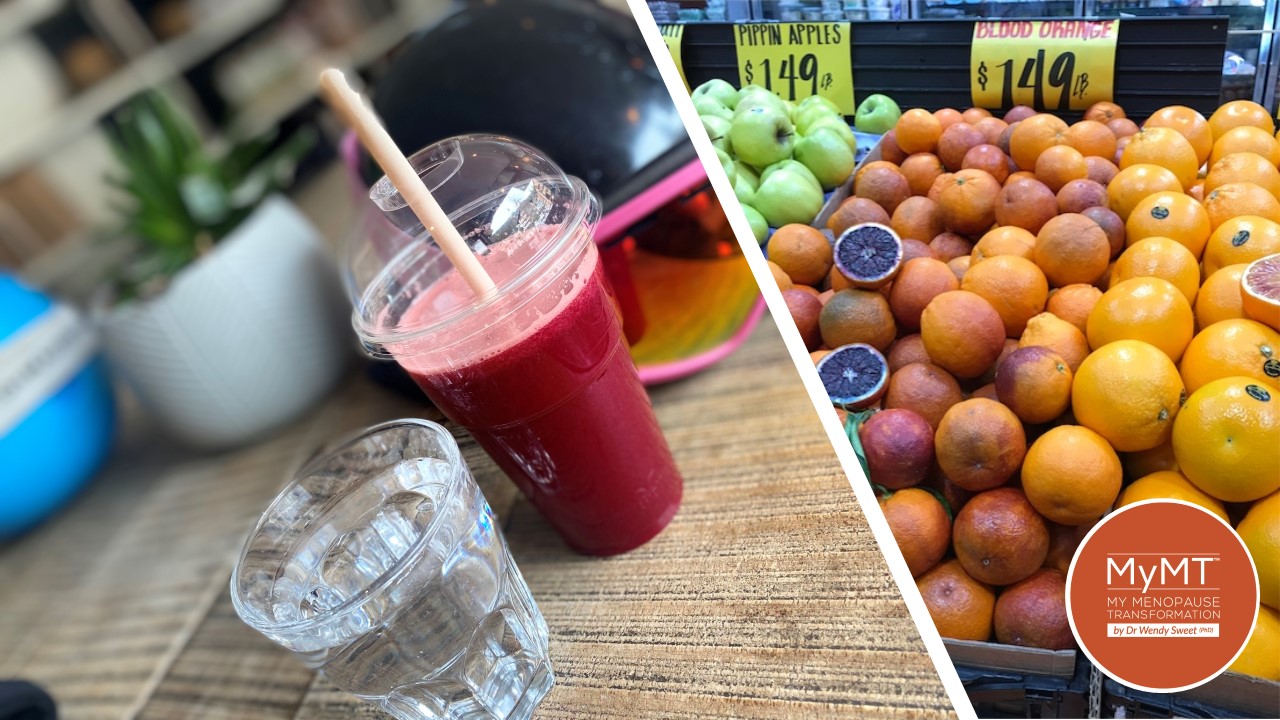The collagen industry is booming and women arriving in mid-life are often the target judging by the number of advertisements promoting the need for collagen.
With the promise of mid-life nirvana, whereby all our aches and pains miraculously go away, we end up spending hundreds of dollars on supplements, specialists and various nutrition programmes. They don’t call women in their 50s and 60s the ‘consumer generation’ for nothing. With our pantry starting to look like a health supplement shop, you think that the supplements work and many of them do … for a while.
Most of my doctoral subjects were the same. Positioning their ‘healthy ageing’ in doing lots of exercise, they also revealed the discomfort and frustrations of sore joints, aching knees and various symptoms that none of them identified with their menopause transition. I was the same.
Numerous women arrive into my Menopause and Post-Menopause 12 week programmes indicating that they are experiencing sore, aching joints, especially in the knees. Many of them also explain that they’ve been told by medical and health specialists that this particular problem is an inevitable and natural process in ageing.
However, with the growing interest in the musculo-skeletal health of older women, especially in regard to how women can extend their health span and remain active as they age, joint and muscle integrity research for older women has broadened over the past decade.
When I was troubled with aching knees and muscles myself, which prevented me from engaging in the activities that I enjoy, the women’s healthy ageing research pointed me towards lifestyle changes, rather than the variety of supplements that I was buying at the time.
What I learnt was that the peri-menopause and menopause transition is a time of life that makes us vulnerable to increasing inflammation in our cells and tissues. (McCarthy & Raval, 2020). This includes in our joints and at the muscle insertion. So for women who are or have been regular exercisers, this is important to note. As such, we need to focus first on reducing any inflammation as well as restoring joint and muscle integrity.
For some of you, this may mean changing your exercise type and amount (I talk about this in my Rebuild My Fitness programme), as well as looking at your Vitamin C intake and iron levels.
Both Vitamin C and iron are important in muscle, collagen and joint tissue repair and function. (Holwerda & van Loon, 2021; Pullar et al, 2017)
Skeletal muscle tissue is in a constant state of remodeling, with mixed muscle protein turnover rates of between 1% and 2% per day. Collagen is the central structural component of extracellular connective tissue, which provides elastic qualities to tissues. Collagen is also in a constant state of remodeling daily.
The reason that so many of us have problems with sore joints and aching muscles during menopause, is that oestrogen is involved in the elasticity of muscles, tendons and ligaments.
Hence as we move through menopause, and oestrogen levels naturally decline, there is a loss of elasticity and contractile force in these structures. This is why many of you may find that the plantar ligament under the sole of your foot becomes sore and hot as you move through menopause or your knees start to ache too.
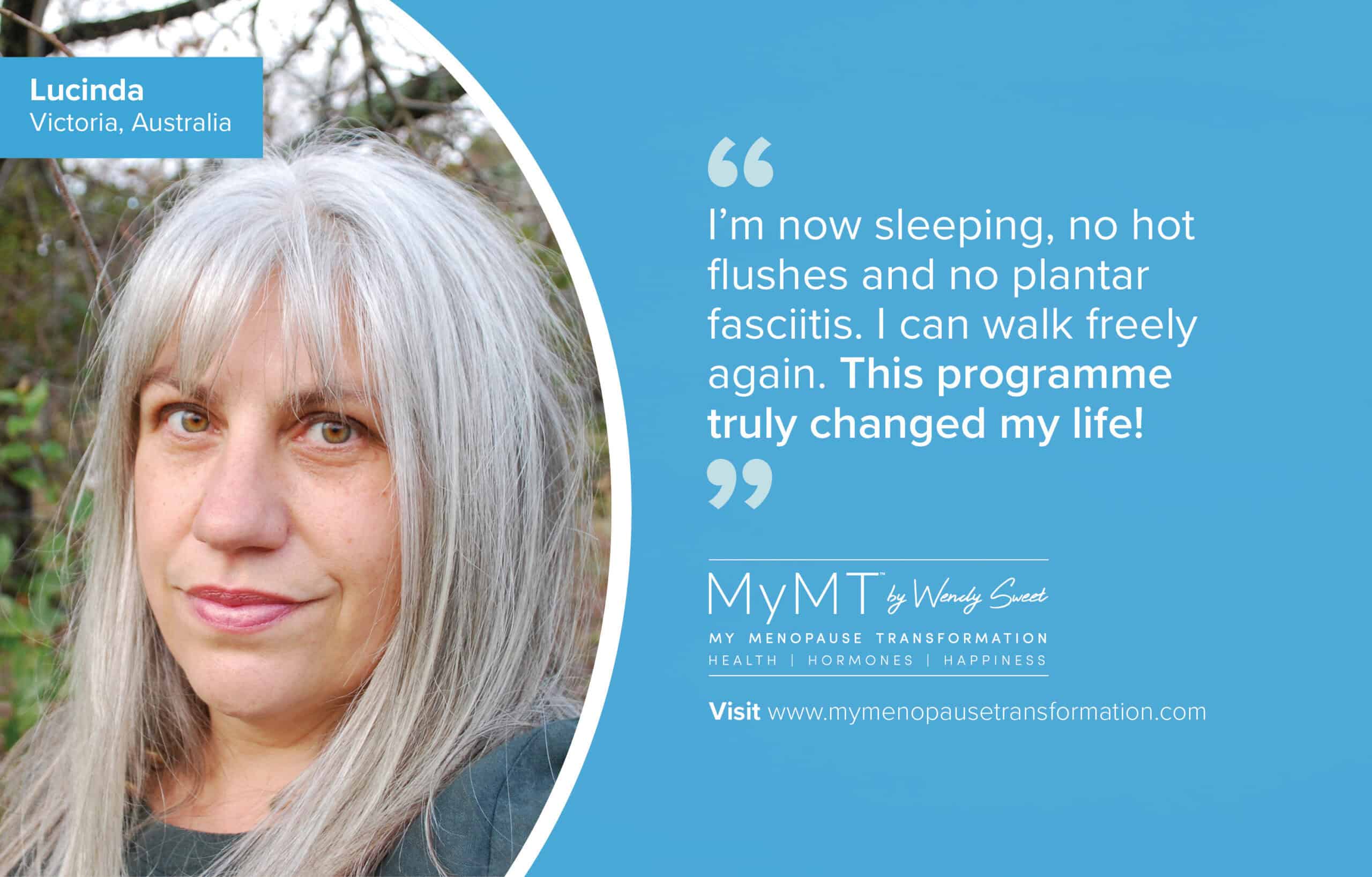
When my legs were aching, my joints were sore, my heart-rate was elevated at rest and I had no energy, I was still doing lots of exercise. My pantry was also full of supplements, collagen included. All supplements that I was advised to take by various health professionals at the time.
But now I realise that I didn’t need all those supplements. My body needed something else. A beautiful nutrient that helps in the production of collagen and is powerful for reducing inflammation in our joints and helping to restore muscle tissue.
Physical activity and food ingestion are the main stimuli for muscle tissue to help it grow, however, how this muscle turnover happens is very complex and requires certain nutrients as well as optimal iron levels.
One of the most important nutrients for collagen repair and joint health integrity that will help women as they move through menopause and into post-menopause, is Vitamin C. Not only for collagen renewal, but also because it works with iron. If your iron levels are low as you move through menopause, then this has an effect on your ability to restore your joyful joints and maintain muscle density.
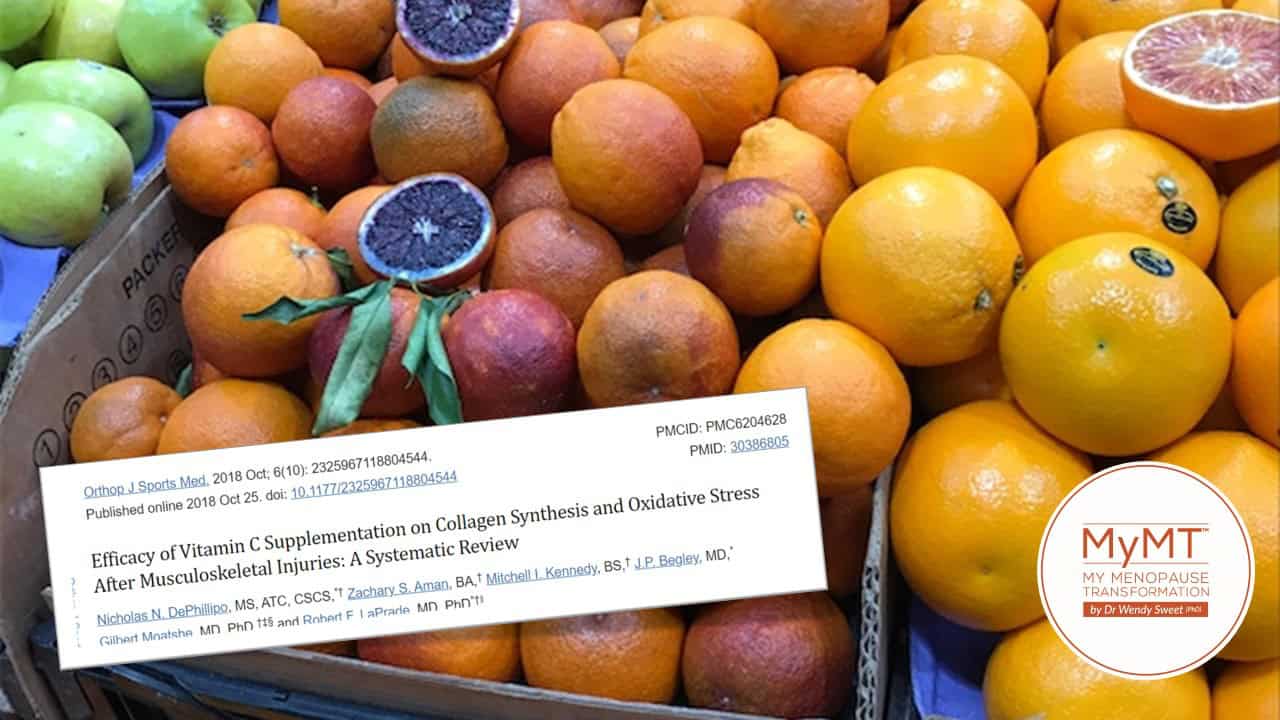
It was whilst staying in Switzerland supporting my son, who is a competitive skier, that I first came across blood oranges. High in Vitamin C, I needed them to reduce the inflammation from a lifestyle whereby I was hiking and skiing nearly every day. The human body loses approximately 3% of its Vitamin C just in normal day to day metabolism, but if you are exercising intensely, then you can double this loss.
Vitamin C is a ‘first-line’ anti-oxidant acting as a ‘free radical scavenger’. This means that Vitamin C is an important nutrient that helps to protect cells from the damage caused by harmful substances (called ‘free radicals’), including the damage caused from inflammation.
Vitamin C is also important for iron absorption, collagen repair and it helps to make hormones too. The highest concentrations of collagen in the human body are found in tendons, skin, artery walls, the cornea in the eyes, the endomysium (this is the sheath which surrounds muscle fibres which gets tight as we lose oestrogen), cartilage and the organic part of bones and teeth.
Your body needs Vitamin C to reduce inflammation.
The red (or blood) orange (Citrus sinensis) is a pigmented sweet orange variety typical of eastern Sicily (southern Italy). Research supports their huge contribution to an anti-inflammatory and heart-protective as well as anti-cancer diet. Blood oranges help enzymes to fight harmful free-radicals in the body.
When my own menopause symptom journey took me towards women’s healthy ageing research, I learnt how vascular stiffness occurs. This is a normal part of our ageing and this is so important to understand that I include it in my 12 week programmes.
Furthermore, due to the increased stiffness in blood and lymphatic vessels as we move through menopause, the importance of specific nutrients in our diet can’t be over-stated. Hence, Vitamin C is important for improved cardiac health as well.
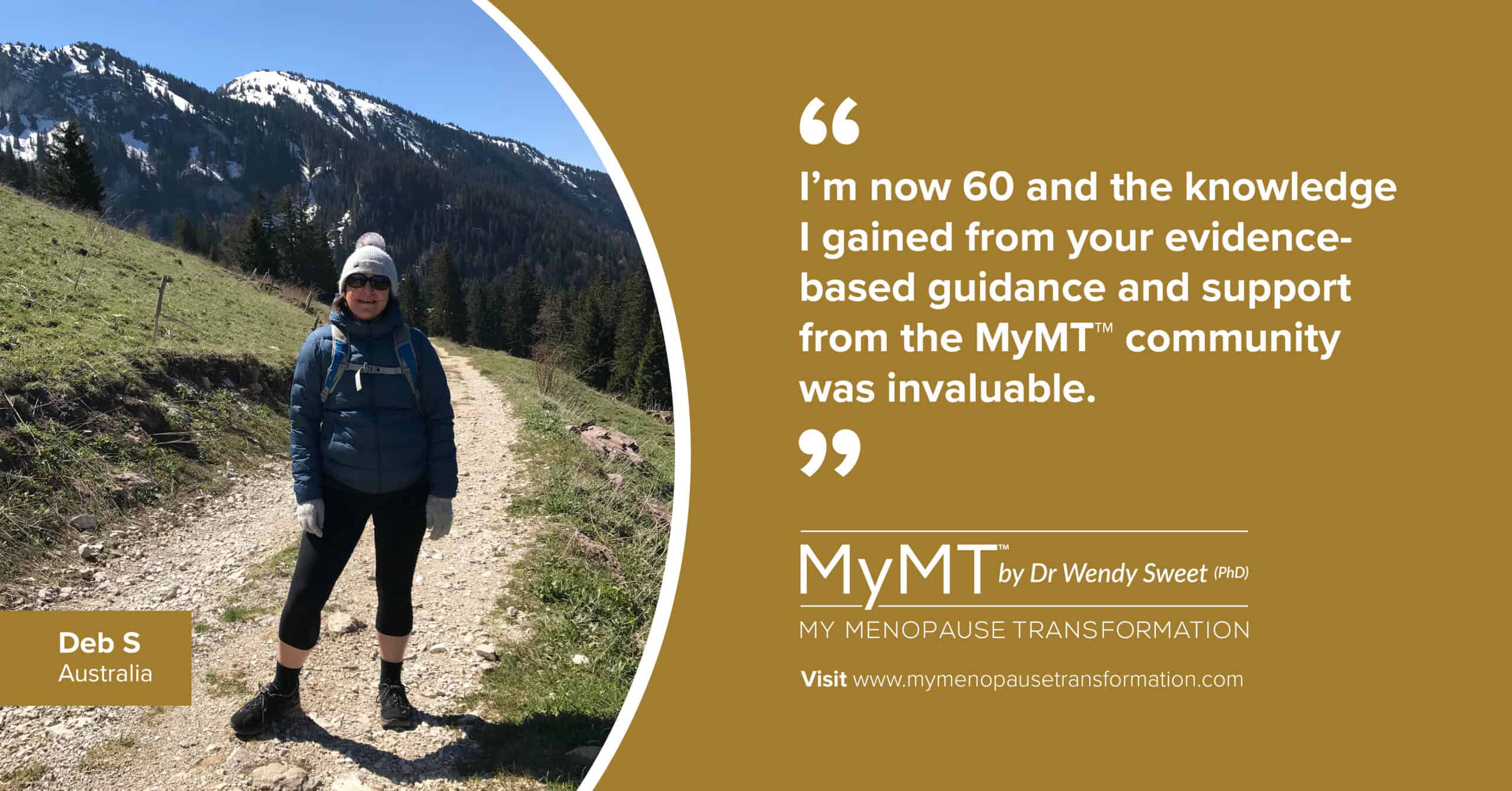
Increasing our resilience as we age, is all about turning around our symptoms in menopause or at least preventing the symptoms changing the course of our health as we age. I can’t emphasise this enough.
Our cells are always turning over and with this in mind, over the 3 months that women are on the programme with me, I encourage them to change their lifestyle to enable their body to adjust to this life-stage and/or turn existing symptoms around.
If you look at the symptoms of lowered Vitamin C, you will see a host of issues from low energy, to easy bruising, to painful, swollen joints, to skin problems and more.
These are all factors that get gathered up as ‘menopause symptoms’ and are then normalised within an ‘age-decline’ paradigm. But when you actually make the time to get the right nutrients into your body (and not necessarily from manufactured supplements), then surprisingly, many of these symptoms go away.
When you aren’t sleeping, you aren’t recovering from exercise and your inflammation can become worse. This then increases our body’s demand for Vitamin C and other nutrients that the body needs to help re-balance itself. I had no idea about this with my own symptoms and sore joints and neither did many other women on my programme who are regular exercisers.
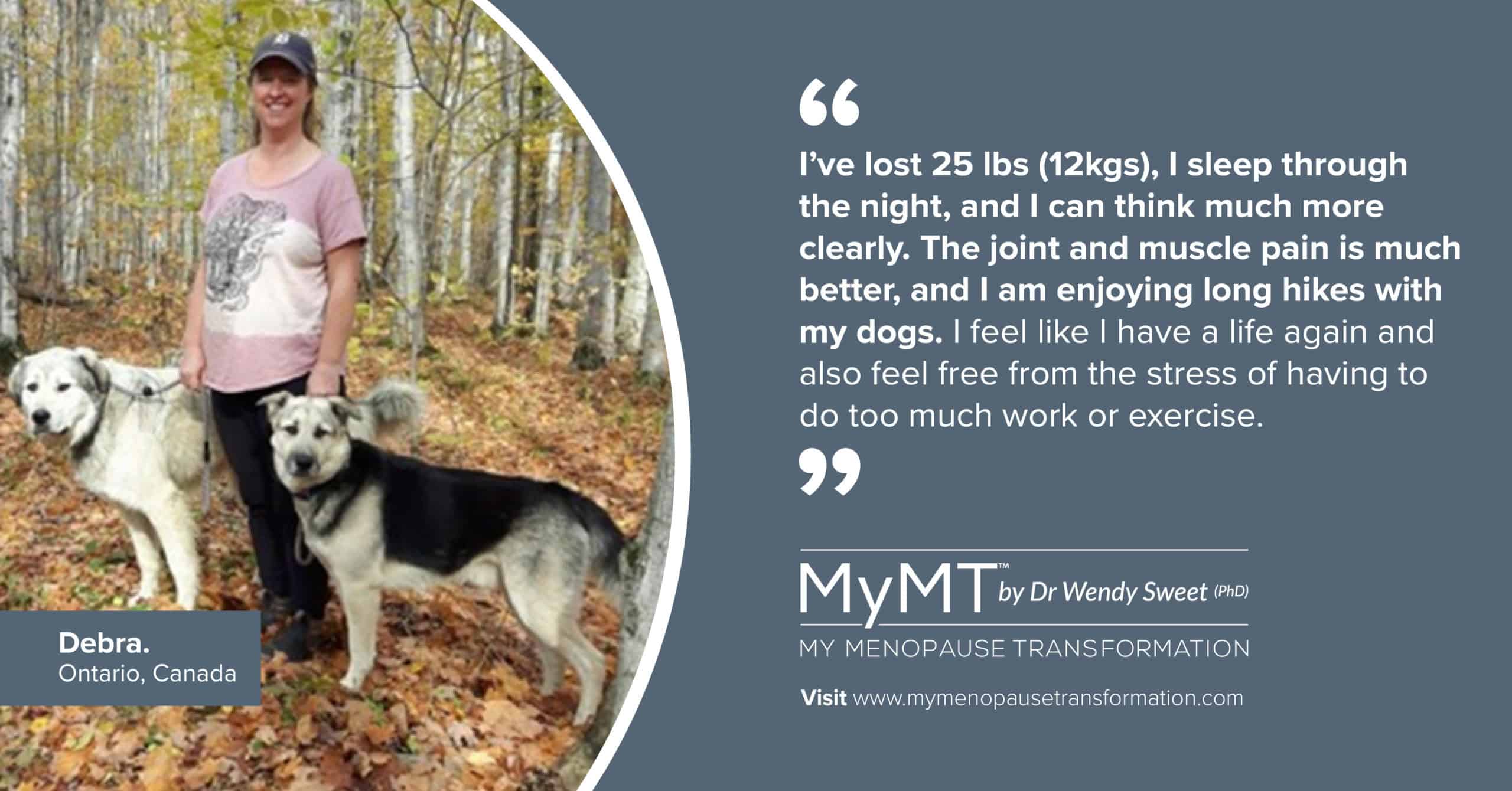
Research changed my life and I want my programme to change yours too. At MyMT you join me on either or my 12 week programmes to turn around your symptoms and/or lose weight or to prevent symptoms occurring.
The programmes are delivered in a progressive format and as you discover my powerful scientific strategies, you develop confidence and clarity in moving through or beyond this powerful life-stage. I focus you on healing from the inside-out so your symptoms don’t take over your life as they used to do in my life as well.
For those of you struggling with your joint health and if you can’t afford the 12 week programme, then don’t forget that I also have a short version of my Joyful Joints module for you to purchase separate to the main 12 week programmes. I tell you about this in the video below or you can purchase it HERE when you are ready.
Dr Wendy Sweet, [PhD], MyMT™ Founder and Coach/Member: Australasian Society of Lifestyle Medicine.
References:
Buscemi, S., Arcolio, G. et al., (2012). Effects of red orange juice intake on endothelial function and inflammatory markers in adult subjects with increased cardiovascular risk. Am. J. of Clinical Nutrition, 95(5):1089-95.
DePhillipo NN, Aman ZS, Kennedy MI, Begley JP, Moatshe G, LaPrade RF. Efficacy of Vitamin C Supplementation on Collagen Synthesis and Oxidative Stress After Musculoskeletal Injuries: A Systematic Review. Orthop J Sports Med. 2018 Oct 25;6(10):2325967118804544.
Delanghe, J., Langlois, M., De Buyzere, M. et al (2011). Vitamin C deficiency: more than just a nutritional disorder. Genes Nutr., 6:341–346
Grosso, G., Galvano, F., Mistretta, F. et al.(2013). Red Orange: Epidemiological Evidence of Its Benefits on Human Health. Oxidative Medicine and Cellular Longevity, ArticleID157240, 1-11.
Holwerda AM, van Loon LJC. The impact of collagen protein ingestion on musculoskeletal connective tissue remodeling: a narrative review. Nutr Rev. 2022 May 9;80(6):1497-1514. doi: 10.1093/nutrit/nuab083.
Pullar, J., Carr A. & Vissers, M. (2017). The roles of Vitamin C in skin health. Nutrients, 9, 866; doi:10.3390/nu908086
